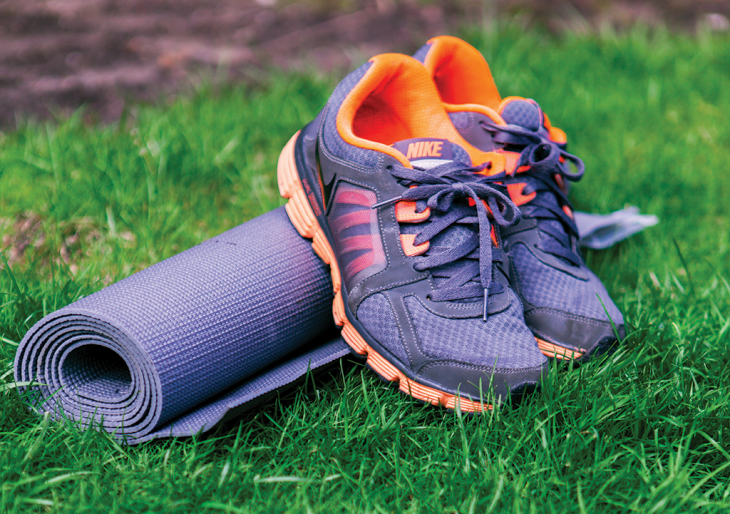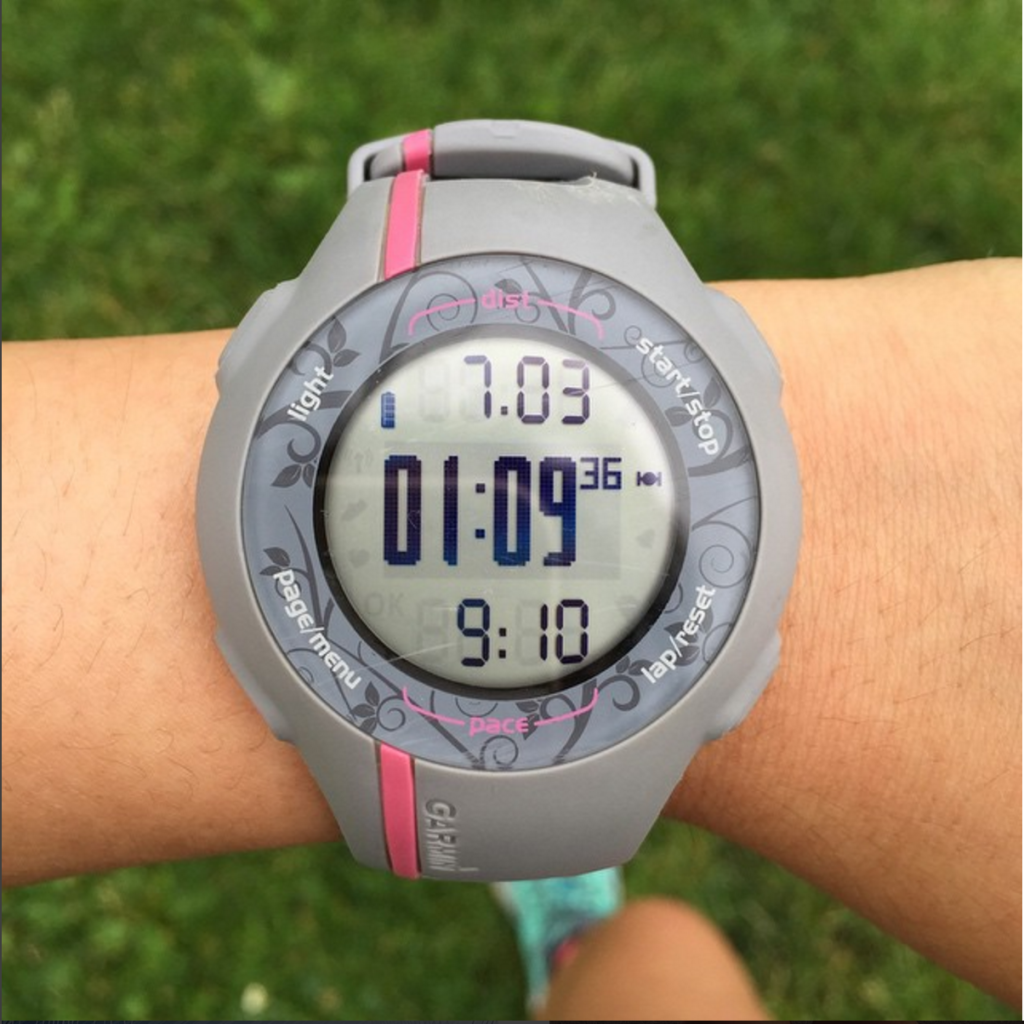I’ve personally committed to squeezing in a workout between my 9-5 desk job and my commute home. But, before I embarked on this new regimen, I had to figure out when the best time of day to workout was.
After all, I felt too drained to work out after my 8-hour shift. It didn’t feel like it was beneficial to work out when I felt so tired and weak. So, I began researching when I should work out to maximize my health benefits. This lead me to one conclusion from Gretchen Reynolds’ research published in The New York Times: morning.
Working out in the morning – before you’ve eaten breakfast actually – helps speed weight loss and boost energy levels by prepping the body for an all-day fat burn.
A No-Snooze Payoff

Photo by Wendy Sun
One of the reasons that working out first thing in the morning helps you lose weight (or protects you from gaining it) is that it pushes the body to tap into its fat reserves for fuel, instead of burning off the calories from your most recent snack or meal.
I drink a smoothie every morning before my workout; however, in light of Reynolds’ research, I’ve decided to forgo drinking my smoothie before I head off to the gym.
In a recent study where 28 men took in 30% more calories with 50% more fat, it was found that the only ones who didn’t gain weight were those who worked out before eating. Meaning that by fasting, they were able to eat a lot of extra food without gaining additional weight.

Photo by Danny Schuleman
According to the authors, this experiment provided some of the first evidence that “early morning exercise in the fasted state is more potent than an identical amount of exercise in the fed state.” Due to the fact the study was short-term and had a specific eating plan for men around 21, it’s hard to apply the results to everyone. However, other studies support these findings.
All runners who ate a 400-calorie oatmeal for breakfast burned fat during their workouts and remained in a heightened fat-burning state after they had gotten off their treadmills. However, both results were more intense for the runners who ate the oatmeal after running.
In other words, exercising after a long period of not eating could be setting you up for a longer, more intense fat burn. This makes sense, considering that exercising boosts your metabolism to burn calories throughout the day. And exercising after fasting might feel dangerous to some, but it allows you to use the fat stores you have saved up.
Set Your Clock

Photo by Wendy Sun
Another component of the early-morning workout regimen can help with weight loss: daylight.
By aligning your workout with your circadian rhythm and internal clock, you’re giving your metabolism a boost. According to another recent study, if you let yourself bask in sunlight within two hours of waking, you’re more likely to be thinner and better able to manage your weight than those who don’t. This might also have to do with vitamin D’s effect on depression and health.
So instead of hitting snooze next time your alarm goes off, remember: an early-morning workout won’t just help you meet your fitness goals. It can give you more energy than those few extra minutes of sleep.


